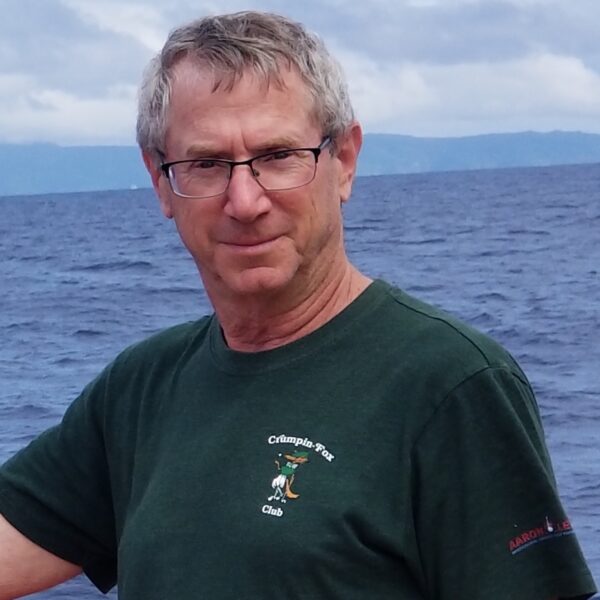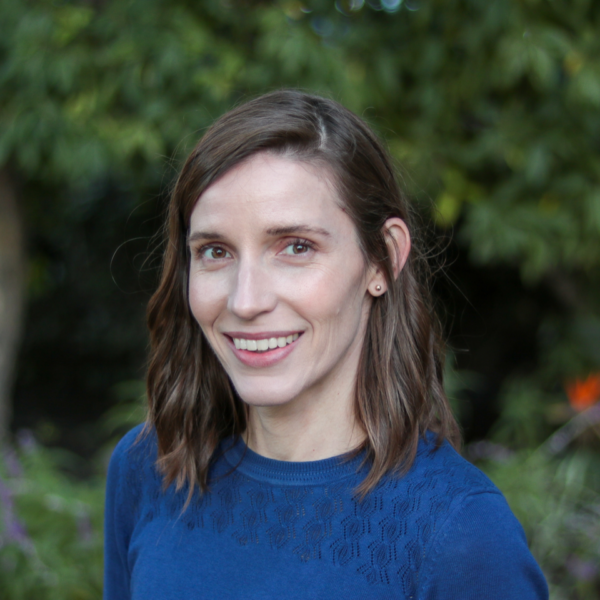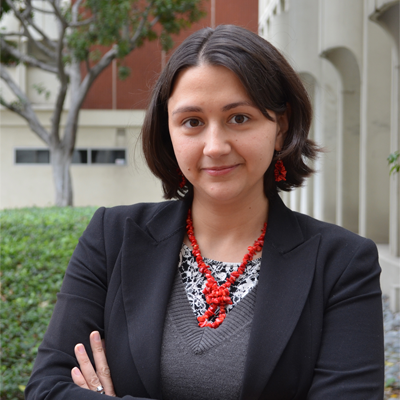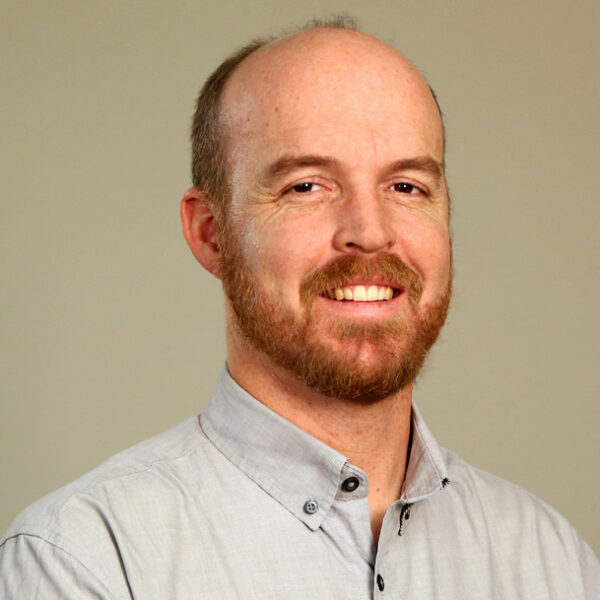Wrigley Institute names 2023-2025 Faculty Innovation Award winners
The Wrigley Institute for Environment and Sustainability has named its 2023-2025 cohort of Faculty Innovation Award winners. The awards, worth up to $50,000 each, support original, solutions-focused environmental and sustainability research by USC faculty from any school.
“These are all faculty who are working on innovative, actionable solutions to major environmental and sustainability problems,” says Wrigley Institute Executive Director Jessica Dutton. “Their projects have the potential to make a real-world impact for the future of our planet. We’re very excited to see where their awards take them.”
This year’s awardees conduct research in a wide range of disciplines, including earth sciences, marine biology, chemistry, and landscape architecture. And they are pursuing approaches that bring new tools to bear on familiar tactics, or that invent new technologies altogether.
William Berelson
 Will Berelson is a professor of earth sciences, environmental studies and spatial sciences. His award, sponsored by the Jordan and Andrea Lott Foundation, will help him determine the effects of ocean-based carbon sequestration on marine ecosystems. The study is part of a larger collaboration with CalTech to develop technology that can be used to capture carbon emissions directly from cargo ships.
Will Berelson is a professor of earth sciences, environmental studies and spatial sciences. His award, sponsored by the Jordan and Andrea Lott Foundation, will help him determine the effects of ocean-based carbon sequestration on marine ecosystems. The study is part of a larger collaboration with CalTech to develop technology that can be used to capture carbon emissions directly from cargo ships.
“The future of the planet rests on our lowering atmospheric carbon dioxide levels, and the ocean is a large enough reservoir to absorb much of this burden–but how much and in what form, and how it impacts ocean chemistry and life, are key questions we hope to answer,” Berelson says.
Berelson’s award is part of the Wrigley Institute’s Applied Environmental Solutions research center.
Carly Kenkel (with Adib Mustofa)
 Gabilan Assistant Professor of Biological Science Carly Kenkel, along with Ph.D. student and Wrigley Institute Graduate Fellow Adib Mustofa, is studying coral biodiversity in Indonesia’s Coral Triangle. Their award is part of the Wrigley Institute’s Earth and Environmental Systems research center and will support genome sequencing of coral populations in the Triangle.
Gabilan Assistant Professor of Biological Science Carly Kenkel, along with Ph.D. student and Wrigley Institute Graduate Fellow Adib Mustofa, is studying coral biodiversity in Indonesia’s Coral Triangle. Their award is part of the Wrigley Institute’s Earth and Environmental Systems research center and will support genome sequencing of coral populations in the Triangle.
“The Coral Triangle harbors incredible biodiversity that supports the livelihood of millions of people. Yet we know almost nothing about genetic diversity of the coral that build these reefs. This information is essential for conservation planning and management of this critically important ecosystem,” Kenkel says.
Kenkel and Mustofa’s work will help them identify genetic traits that may make corals more amenable to restoration projects and more resistant to damage from climate change.
Smaranda Marinescu
 Smaranda Marinescu, an associate professor of chemistry, received her award through the institute’s Applied Environmental Solutions research center. Her project focuses on the development of materials for solar-to-fuel technologies, which store solar energy in chemical bonds.
Smaranda Marinescu, an associate professor of chemistry, received her award through the institute’s Applied Environmental Solutions research center. Her project focuses on the development of materials for solar-to-fuel technologies, which store solar energy in chemical bonds.
“It’s a sustainable pathway for the production of hydrogen and value-added CO2 products that can act as energy carriers, fuels, and feedstocks,” Marinescu says.
Her award will support the involvement of graduate and undergraduate students in her research. By exposing students to cutting-edge chemical research and providing mentorship and support, she hopes to increase their excitement and confidence in scientific research and encourage them to become role models for their peers.
Alexander Robinson
 Associate Professor of Landscape Architecture Alexander Robinson explores how to re-envision civic infrastructure in ways that enhance its ecological function and value for the community. A contributor to the Los Angeles River Revitalization Master Plan, he is creating a Los Angeles River Observatory to help gather and disseminate data that will support nature- and community-based revitalization solutions.
Associate Professor of Landscape Architecture Alexander Robinson explores how to re-envision civic infrastructure in ways that enhance its ecological function and value for the community. A contributor to the Los Angeles River Revitalization Master Plan, he is creating a Los Angeles River Observatory to help gather and disseminate data that will support nature- and community-based revitalization solutions.
“Thanks to this Faculty Innovation Award, I can now start an innovative transdisciplinary project with a diverse team of collaborators, ranging from earth sciences to cinematic arts, that would not be able to find support otherwise,” Robinson says.
His award is part of the Wrigley Institute’s Social Transformation research center.
